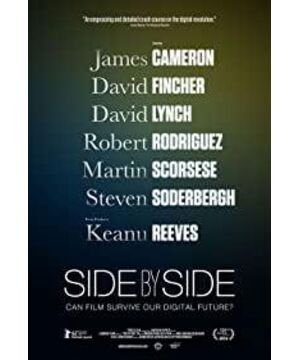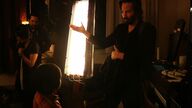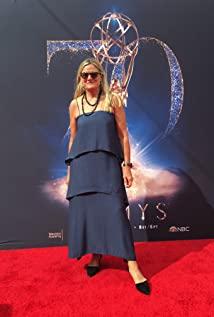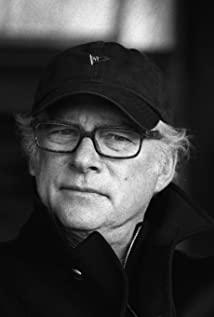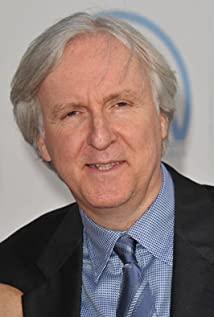The interviewed lineup is indeed gorgeous. The directors alone include David Fincher, James Cameron, Martin Scorsese and Lars von Trier. , David Lynch, George Lucas and others. While reading it, I wrote down the name of Gao in the notebook in my hand, and crossed out their positions. In the end, I only had one good tick in my hand-Christopher Nolan was the only one who supported the film wholeheartedly. Some people say that the film is impartial and the opinions of both sides are compatible, but I don't understand what is fair about this one-to-nine-nine situation.
Many people think that digital gadgets that emphasize technology and economic benefits must be a masterpiece of Hollywood. In fact, the forerunner was the Dogme 95 film movement from Denmark. At that time, "The Celebration" directed by Thomas Vinterberg showed the impact of digital technology as a new aesthetic style. It is casual, improvised, light, rough, fast, and most importantly, it is cheap. Its characteristics are in the same line as all popular things.
Then, it also has similar shortcomings. The computer editing is silent and dense. The body no longer has the space for breathing, and there is no longer the hand that used to handle the film. The actor can no longer take a break while changing the film. Digital shooting only requires you to come and come again. (Fincha recalled that when Robert Downey was filming "Killing Mystery", he had to use plastic bottles to solve the problem even when he was in the bathroom.) There are too many movable parts and too many special effects, and the actors end up crying at the green nothingness. With smiles and hands raised, the audience becomes completely distrustful of the image in front of them.
Sorry. The movie only took all of this lightly. When it comes to the reform of digital technology, the music is bright and lively, making everyone else laugh. Those who support film are accused of being conservative and stubborn. The interviewees who support film seem to be unable to tell the inevitability of film. They can only say: "Film is beautiful." Therefore, choosing the best and stubbornly became a vague and irrational group. The K-unit reform of digital photography has pictures and the truth, as if the evidence is conclusive.
Fincha believes that the most important thing in movies is human nature, and the medium is not so important. Scorsese felt that film and digital should live together in peace, but seeing the first all-digital film won an Oscar, Danny Bohr was so proud of his "One Million and One Nights", saying, "You guys The era of filming is over, just accept the reality.” Fincher’s favorite digital camcorder company RED said: “Our goal is to completely eliminate film.”
——It's fierce. Tolerance and laissez-faire cannot be guarded, but it does not teach you how to fight for it. Choosing film has become a family affair in the film industry, and audiences have become outsiders watching the fire from the shore. The director who came to Hong Kong to answer questions couldn't say what his position, and I didn't dare to ask the audience's position. For some people, it's just a loss of scenery, but for some people, the scenery is home but homesickness. The way we lose things is different, so the way we look for lost things is also different. But what is about to be lost in conservativeness, in that way, shouldn't have changed, shouldn't it?
Written on 2012, April 5, the closing day of the Hong Kong International Film Festival
View more about Side by Side reviews


